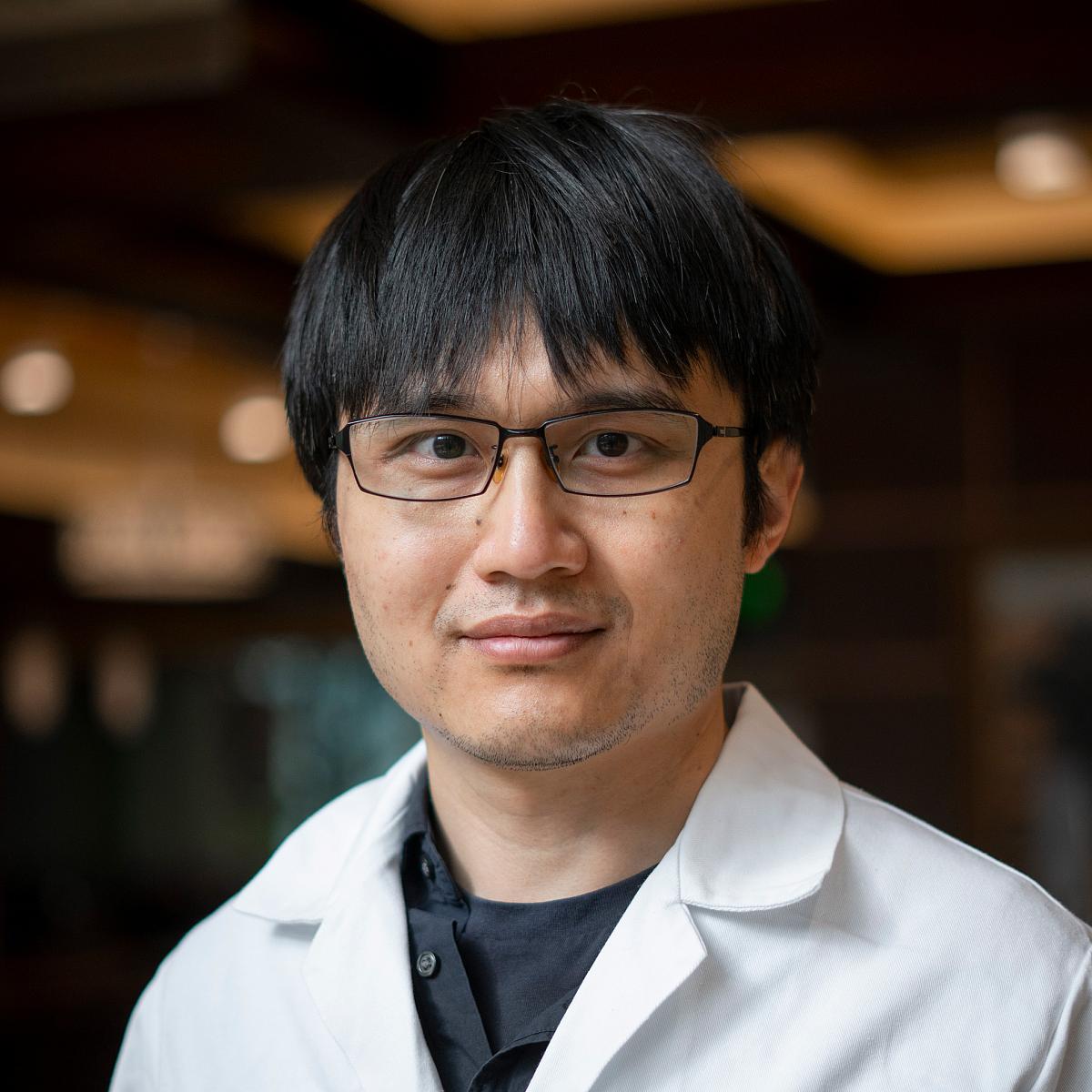
Zhang Lab Research

Zhang Lab Research
Precise gene regulation is controlled by cis-regulatory elements, such as promoters and enhancers, that physically interact within the 3D architecture of the genome. Disruption of this process may impair normal development and contribute to diseases such as cancer. Our lab uses 3D genomics approaches to investigate how genomic alterations cause dysregulation of this regulatory network to drive cancer development. Our research is organized into two main directions.
Investigation of noncoding alterations in the 3D cancer genome
Genomic alterations, both somatic and germline, are key drivers of tumorigenesis. However, for alterations that occur outside coding regions, their functional relevance remains poorly understood. We hypothesize that noncoding alterations, including structural and single-nucleotide changes, can modulate cis-regulatory element activity or rewire their 3D interactions, leading to overexpression of oncogenes or silencing of tumor suppressor genes (Zhang et al, 2020). We integrate copy number, WGS, RNA-seq, and 3D genomics analyses to identify such alterations across various tumor types, followed by CRISPR technologies to characterize their function.
Our work has shown that enhancers can be amplified alone to activate oncogenes such as MYC and KLF5 through long-range chromatin loops in lung cancer (Zhang et al, 2016; Zhang et al, 2018). We also found that enhancers are often co-amplified with oncogenes like SOX2 in squamous cancer, a mechanism essential for its overexpression (Liu et al, 2021).
Furthermore, we reported that enhancers located on extrachromosomal DNA (ecDNA) can be shared among multiple oncogenes that are translocated and co-amplified on the same ecDNA molecule (Mortenson et al, 2024). We are continuing this line of research to uncover novel mechanisms by which noncoding alterations drive oncogene activation in the 3D cancer genome.

Investigation of oncogenic transcription factors in the 3D cancer genome
Transcription factors regulate lineage-specific gene expression by binding to cis-regulatory elements, a process essential for normal development. However, when hyperactivated, certain transcription factors can become oncogenic by reprograming gene expression programs to promote tumorigenesis. Many of these oncogenic transcription factors lack well-structured enzymatic domains, making them difficult to target directly. We hypothesize that defining their target genes and regulatory mechanisms may reveal alternative, druggable vulnerabilities.
Our disease focus in this research direction is squamous cancer, one of the most common and deadly cancer types, arising from diverse tissues such as the lung, esophagus, and head and neck. Squamous cancer is frequently driven by overexpression of oncogenic transcription factors, including TP63, SOX2, and KLF5. Our work has shown that KLF5 cooperates with the P300/CBP complex and activate genes through long-range chromatin loops that promote cell proliferation and migration (Liu et al, 2020).
We have also identified KLF5 as a key co-factor of SOX2 in squamous cancer (Wu et al, 2021). Ongoing work aims to resolve the chromatin-level relationships between these oncogenic transcription factors and identify associated vulnerabilities that can be therapeutically targeted in squamous cancer.

